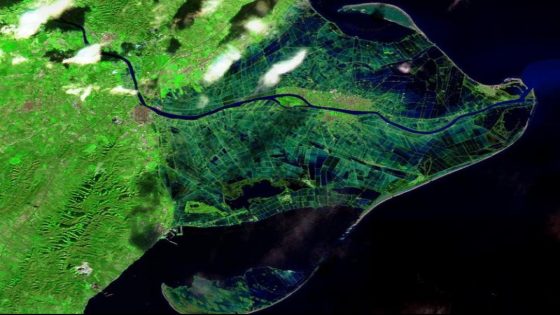A new project aims to connect the coastal paths of Costa Brava and Costa Vermella, enhancing sustainable tourism and cross-border relations. Launched by the Camí de Mar association, this initiative proposes a continuous 250-kilometer trail from Argelers de la Marenda in northern Catalonia to Malgrat de Mar in Maresme. With support from local mayors, the project is gaining momentum, but will it become a reality?
- Project aims to connect Costa Brava and Costa Vermella
- 250 kilometers of coastal paths proposed
- 155 kilometers in good condition, 33 kilometers missing
- Inspired by the Camino de Santiago
- Local mayors support the initiative
- Historical use for pirate alerts and contrabandists
Connecting Coastal Paths: A Sustainable Tourism Initiative for Spain
What if you could hike along the stunning coastline, uninterrupted by gaps in the trail? The Camí de Mar project envisions just that. By linking the coastal paths from Argelers to Malgrat, this initiative aims to attract year-round visitors and promote eco-friendly tourism.
Key Features of the Camí de Mar Project: What You Need to Know
The Camí de Mar project is not just about connecting trails; it’s about creating a unique experience for hikers. Here are some key features:
- **Total Length**: 250 kilometers of coastal paths.
- **Current Status**: 155 kilometers in good condition, 62 kilometers needing repairs, and 33 kilometers without paths.
- **Cultural Itinerary**: Offers an inland route for afternoon exploration.
- **Future Plans**: A pilot project to address the first five kilometers is underway.
The Vision: A Trail Inspired by the Camino de Santiago
Inspired by the famous Camino de Santiago, the Camí de Mar will be divided into 21 stages, each taking 8 to 14 hours to walk. This structured approach aims to enhance the hiking experience, making it accessible for various skill levels.
Challenges Ahead: Overcoming Gaps in the Trail
Despite the excitement, the project faces challenges. Currently, the coastal path is interrupted at 85 points along Costa Brava and one on Costa Vermella. Addressing these gaps will be crucial for creating a seamless hiking experience.
Community Support: Local Leaders Rally for the Project
Local mayors from both sides of the border are actively supporting the Camí de Mar. They recognize its potential to boost tourism, especially during the off-peak seasons. However, collaboration with governmental authorities will be essential to navigate legal and logistical hurdles.
In conclusion, the Camí de Mar project presents an exciting opportunity to enhance sustainable tourism in Spain. By connecting coastal paths, it could transform the region into a year-round hiking destination, attracting both local and international visitors.































